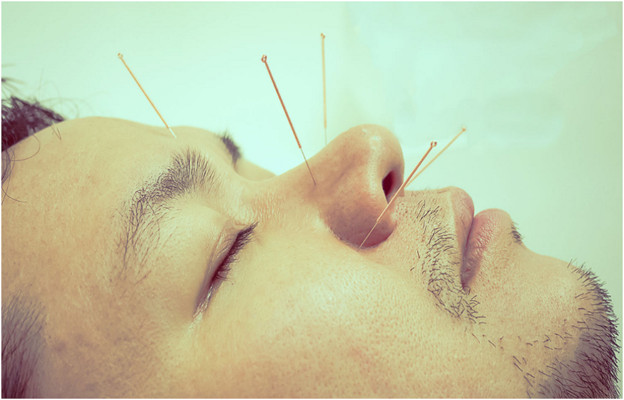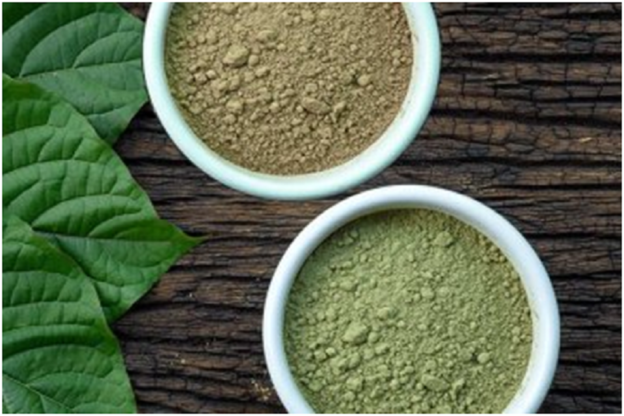After surgery for obesity, food very quickly becomes a real subject. What can we eat, what foods to favor, which ones to avoid, how many meals a day , etc. We answer your questions.
Why do we diet before obesity surgery?
Very often, your surgeon will ask you to go on a diet before your sleeve or your bypass .
There are two purposes for this.
The first is to see how you behave in the face of the dietary restrictions that will be imposed on you following your bariatric surgery. It’s really about getting used to eating less, controlling your diet, managing frustrations in order to avoid finding yourself in great difficulty overnight after surgery.
But that’s not all, we will see below, it is also a whole organization to put in place.
The second objective is to make you lose a little weight before the intervention in order to facilitate its gesture. This last phase often consists of the yogurt diet for a week.
What can you eat after a sleeve or a bypass?
Immediately after the sleeve , you will have to eat liquid or ground (there are several schools). Some surgeons prefer to avoid the liquid phase because it can cause difficulty in resuming a normal diet. The grind/small chunks trigger chewing, which might be more positive later on.
Then, little by little, you can eat everything again.
Be careful, eating everything after obesity surgery does not mean going back to the same way of eating that you had before the operation.
The quantities will be greatly reduced and will be limited to a few spoons.
But it is above all the way you eat that will have to change . No more meals taken on the go, eating after a sleeve may challenge your natural way of eating.
Indeed, if you used to swallow food quickly, you will quickly realize that it has become impossible. You will need to be careful to mush anything you put in your mouth. And for that, you have to chew for a long time.
Eating even very small amounts will therefore take time. It is necessary to prepare to do it even before the intervention which will greatly facilitate things.
You will also need to make small bites by cutting your food into small pieces.
plate
In general, without stealing your children’s dinette, get into the habit of eating from a dessert plate to help you with the quantities , and replace the tablespoon with a teaspoon . This will help you not take a wrong turn and adopt a way of eating compatible with your “baby stomach”.
As for food, remember to eat proteins, especially during the weight loss phase, they are the guarantee of not losing too much muscle . If the meat does not pass, you are left with the fish, eggs, etc.
Treat yourself to fresh vegetables and fruits, but don’t forget the starchy foods that are essential for energy. Avoid snacking and if you can’t, consult.
Finally, don’t forget to have regular check-ups and to take your vitamins. The risks if you don’t : hair loss, anemia, serious heart or neurological problems, etc.
Will I always want to eat sweets or high calorie foods?
If you followed the protocol correctly (at least if the team that cared for you imposed it on you) you should normally have learned the difference between being hungry and wanting to eat. to eat.
The feeling of hunger or satiety are very important elements to identify. Only our food sensations should guide us to eat.
However, after years of diets of all kinds , it is sometimes difficult to navigate. So you have to work on this with the shrinks and nutritionists you must have met. If this is not the case, do not hesitate to consult them after your intervention.
This is one of the keys to the success of a sleeve or a bypass. You may want to eat something, but not be hungry… You have to know the difference.
After a bypass, the taste of food may change . Some products you love will horrify you while others you hate will become your favourites.
Also, don’t take too many spoonfuls, as your stomach won’t handle it . It will definitely be vomiting or dumping syndrome . So we avoid.
Can we drink during meals?
You might think it’s a good thing for losing weight, but it’s quite the opposite.
When we drink, we make what we eat more fluid, suddenly, we can eat more and especially the food passes more quickly.







Leave a Reply
You must be logged in to post a comment.